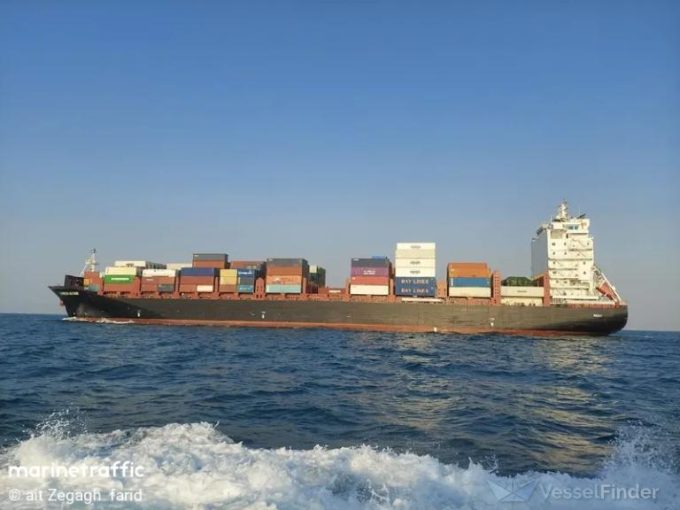'Rollercoaster' Asia to NAWC capacity is increasingly unstable
The Transpacific market is “a rollercoaster ride” according to one major carrier, and data indicates ...

Indian reefer cargo stakeholders are “cherry-picking” ocean services going via the Red Sea, instead of services taking the long detour around the Cape of Good Hope.
Eyeing a lucrative business window, a number of regional or feeder lines have in recent weeks ...

Comment on this article